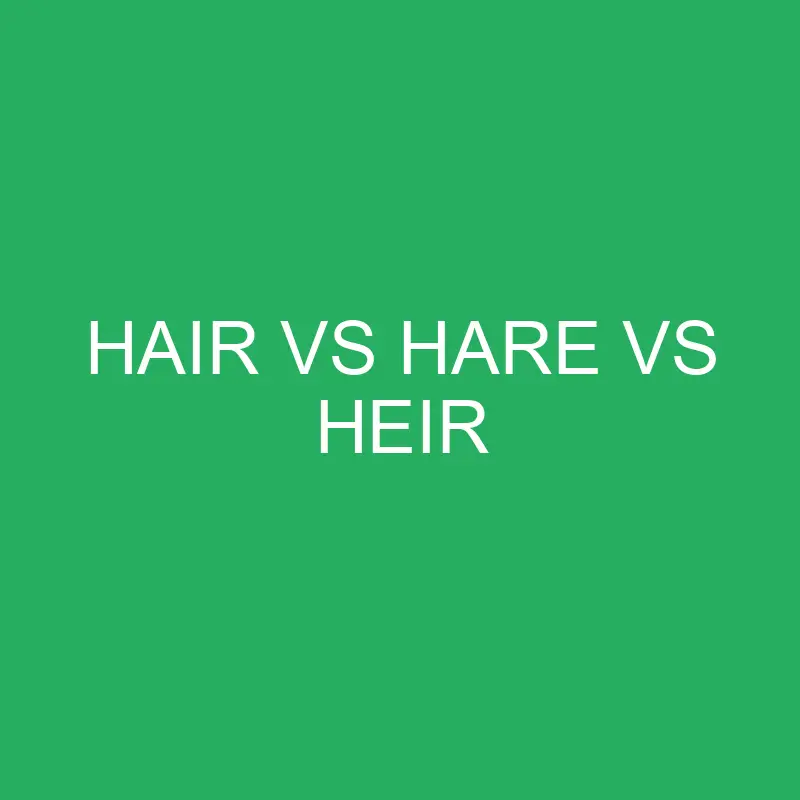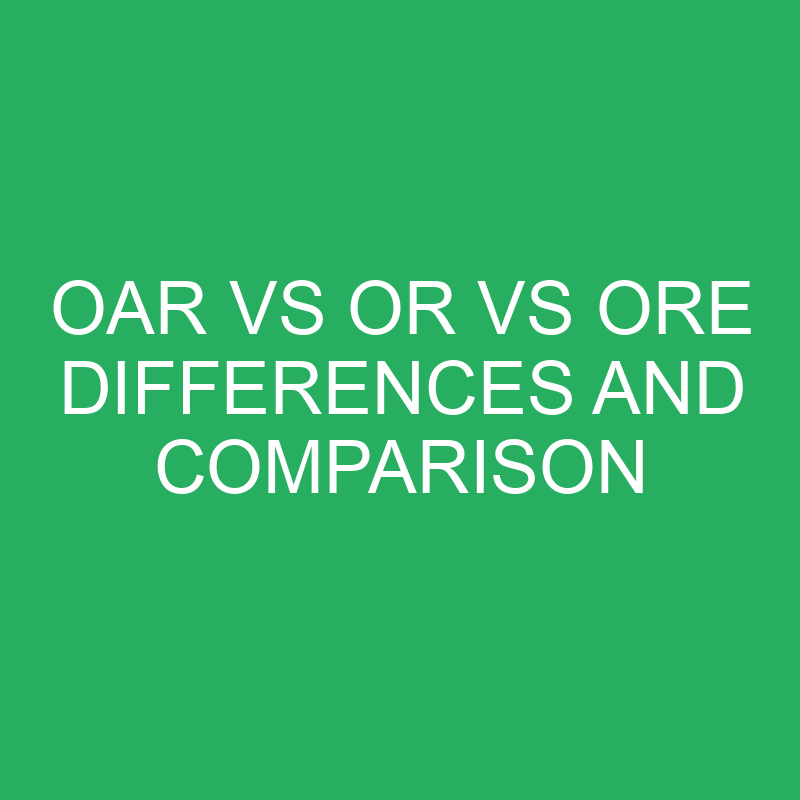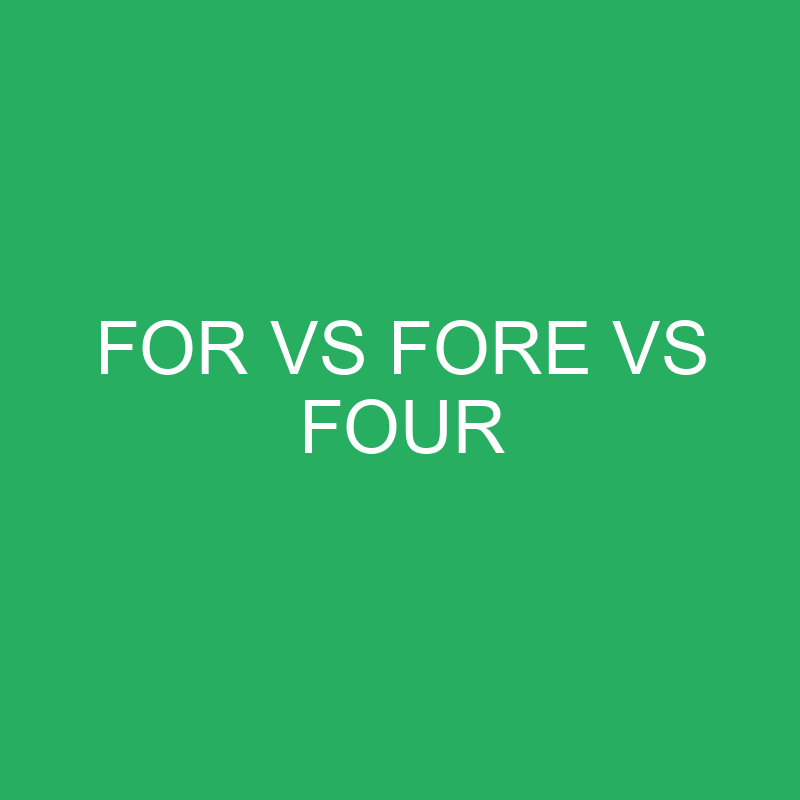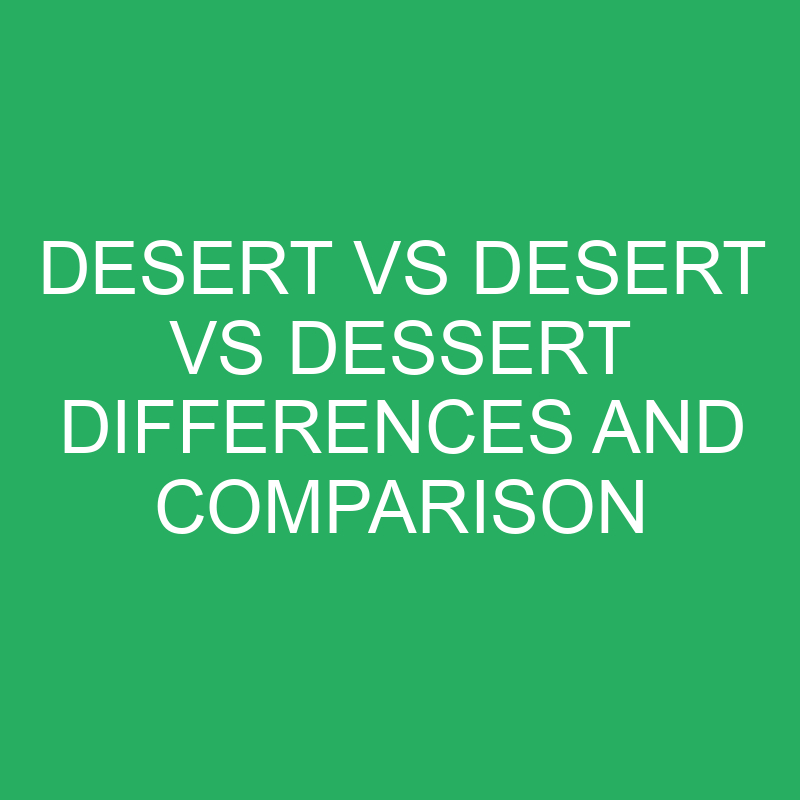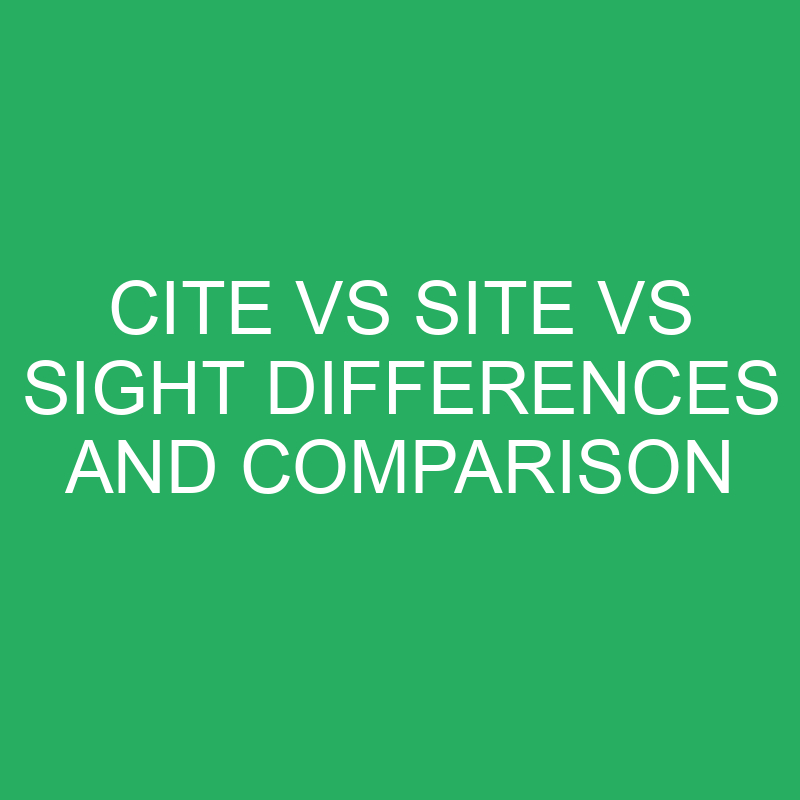Hair vs Hare vs Heir Differences and Comparison
“Hair,” “Hare,” and “Heir” – Tresses, Lagomorphs, and Succession The English language, with its intricate tapestry, introduces a trio of homophones that, despite sharing similar pronunciations, diverge significantly in meaning. Let’s explore the unique characteristics and usages of “hair,” “hare,” and “heir.” Hair – Head Covering: Definition: “Hair” is a noun that refers to the …
